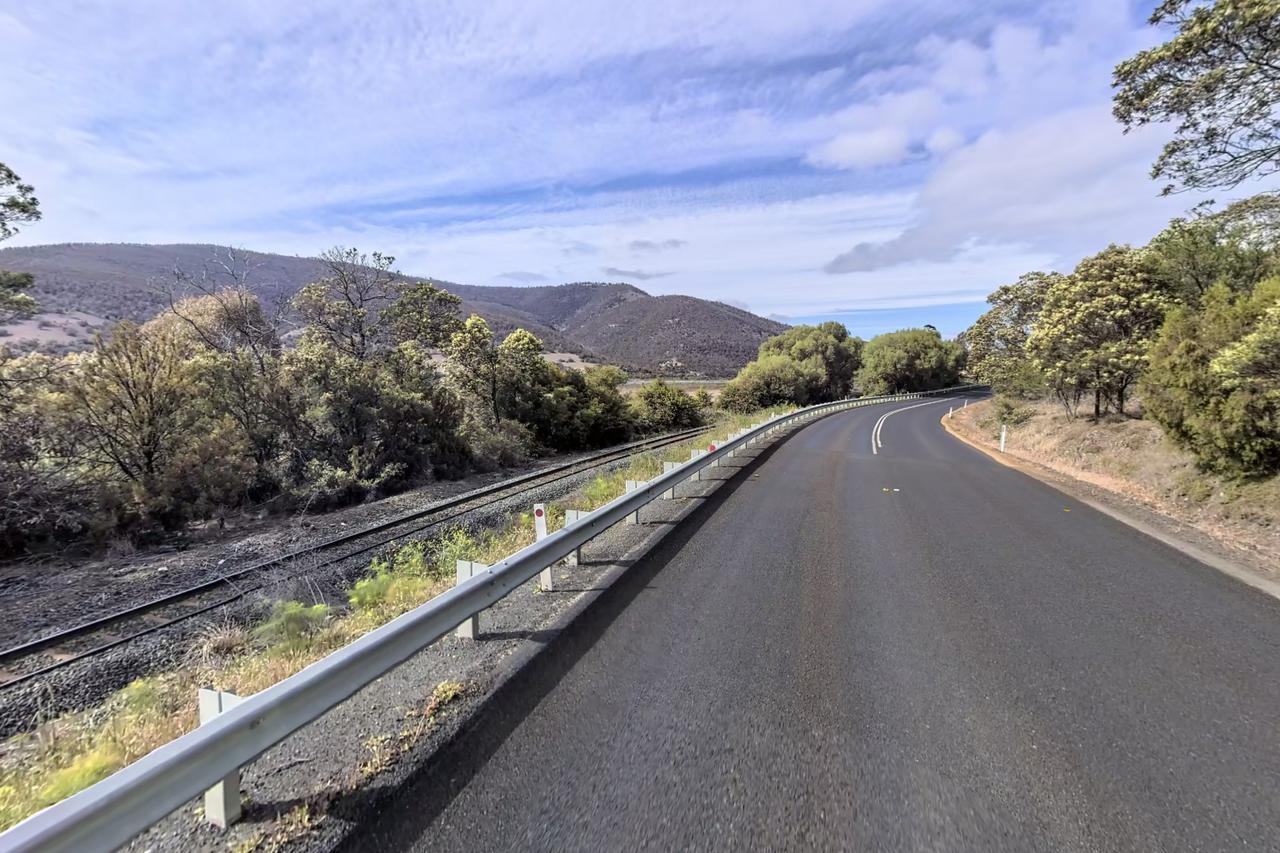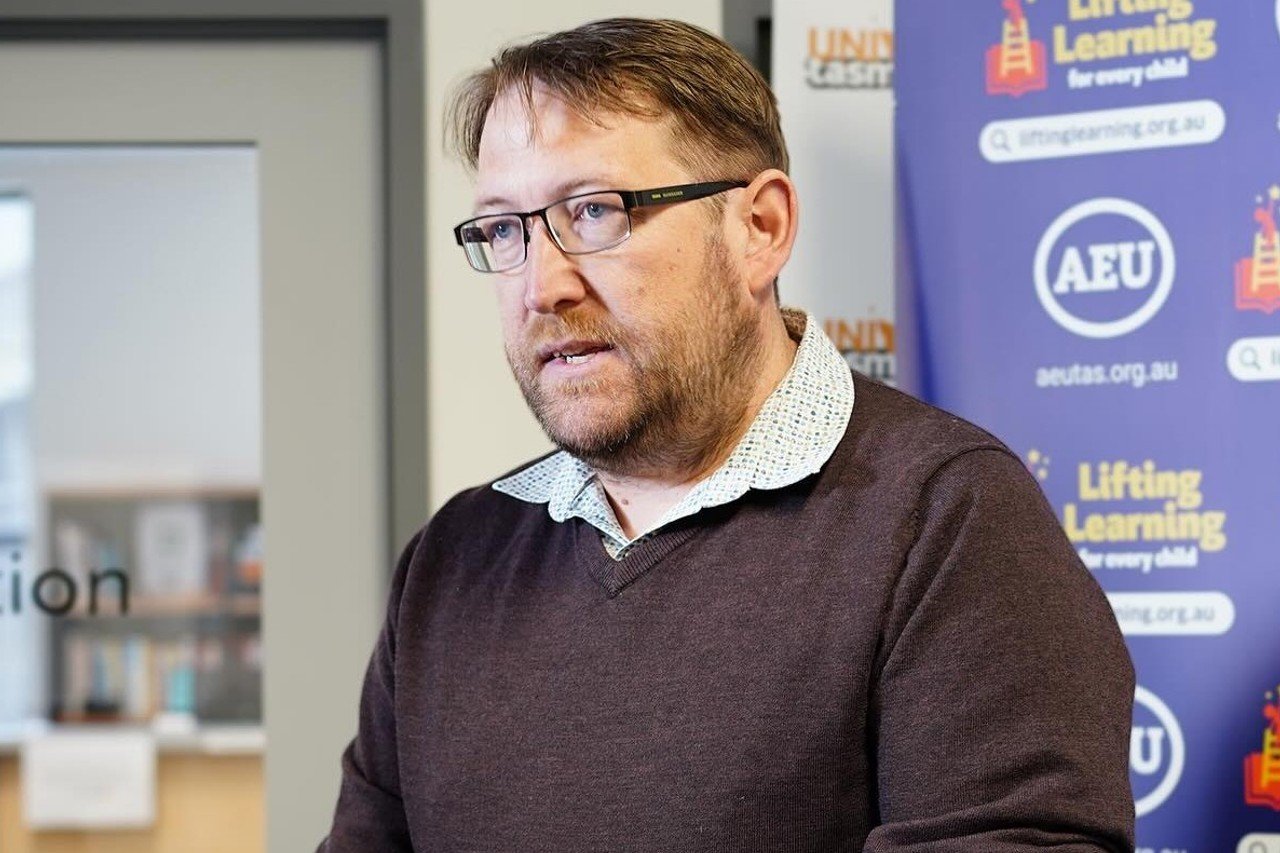Early efforts to secure a lease for the first new Spirit of Tasmania ferry have produced limited results, according to operator TT-Line.
Based on current interest, TT-Line’s Interim Chair Damian Bugg believes there is “not a strong likelihood” of the vessel being leased out in the near future.
Currently, Spirit IV will remain docked in Scotland for a minimum of 30 days at a cost of $47,000 per week.
If a signed lease agreement cannot be secured within that time, Bugg is uncertain whether the vessel will continue to wait in Scotland until berth infrastructure is ready in Devonport or if it will instead sail to Tasmania.

He acknowledged there is a “degree of urgency” to resolve the situation but confirmed that no agreement has been signed with any single broker.
“We’d engaged with a broker and that broker has given us some indications of market, but we feel that to be completely thorough, we should explore a range of brokers and what their field of coverage is,” Bugg said.

“On what we had to date from that broker, I would have to say not a strong likelihood, because we have limited coverage back from that broker.”
Bugg described initial inquiries from potential lessees as “tyre-kicking”.
One potential large operating company expressed interest in the vessel and even traveled to Finland to inspect it but ultimately declined.
There was also earlier positive interest from a New Zealand company seeking a short-term, three-month charter.

However, Bugg said this offer was “not attractive” enough to justify bringing the ship from the Northern Hemisphere.
“Nothing’s been forthcoming,” he said.
Labor leader Dean Winter said the government and TT-Line have still “got a choice” in bringing the ships to Tasmania.

“The ships are very, very unlikely to be able to be leased out and so it makes no sense to leave them in Scotland,” he said.
“We want to see these ships brought home to Tasmania, kept safe, ready for action as soon as the new berth is delivered.”
“Tasmanians don’t want to see our ships being used by a foreign entity for the good of their tourism economy.”







